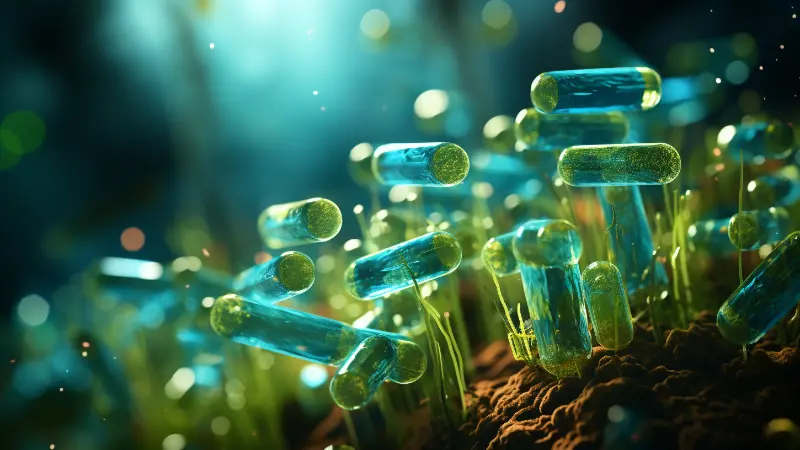Engineered E. coli Generates Electricity from Wastewater

In a significant development, researchers have successfully engineered E. coli bacteria to generate electricity from wastewater, a breakthrough that can potentially transform the fields of waste management and energy production.
Ardemis Boghossian, a professor at the Ecole polytechnique fédérale de Lausanne (EPFL) in Switzerland, mentioned that while some exotic microbes naturally produce electricity, they require specific chemicals to do so.
In contrast, the engineered E. coli can produce electricity while metabolizing various organic substrates, including wastewater collected from a local brewery in Lausanne.
The researchers achieved this by enhancing the extracellular electron transfer (EET) in E. coli bacteria, turning them into highly efficient "electric microbes."
Unlike previous methods that necessitated specific chemicals for electricity generation, the bioengineered E. coli could thrive exponentially by feeding off the waste, whereas the exotic electric microbes could not even survive.
This groundbreaking study has implications beyond wastewater treatment.
The engineered E. coli can not only generate electricity from diverse sources but can also be employed in microbial fuel cells, electrosynthesis, and biosensing, among other applications.
Additionally, the bacterium's genetic flexibility allows it to be customized to adapt to particular environments and feedstocks, making it a multifaceted tool for sustainable technology development.
In summary, the successful engineering of E. coli to generate electricity from wastewater and other organic substrates opens up new avenues for sustainable waste management and energy production.
This innovation could lead to the development of microbial fuel cells, electrosynthesis, and biosensing technologies, contributing to a greener and more sustainable future.
